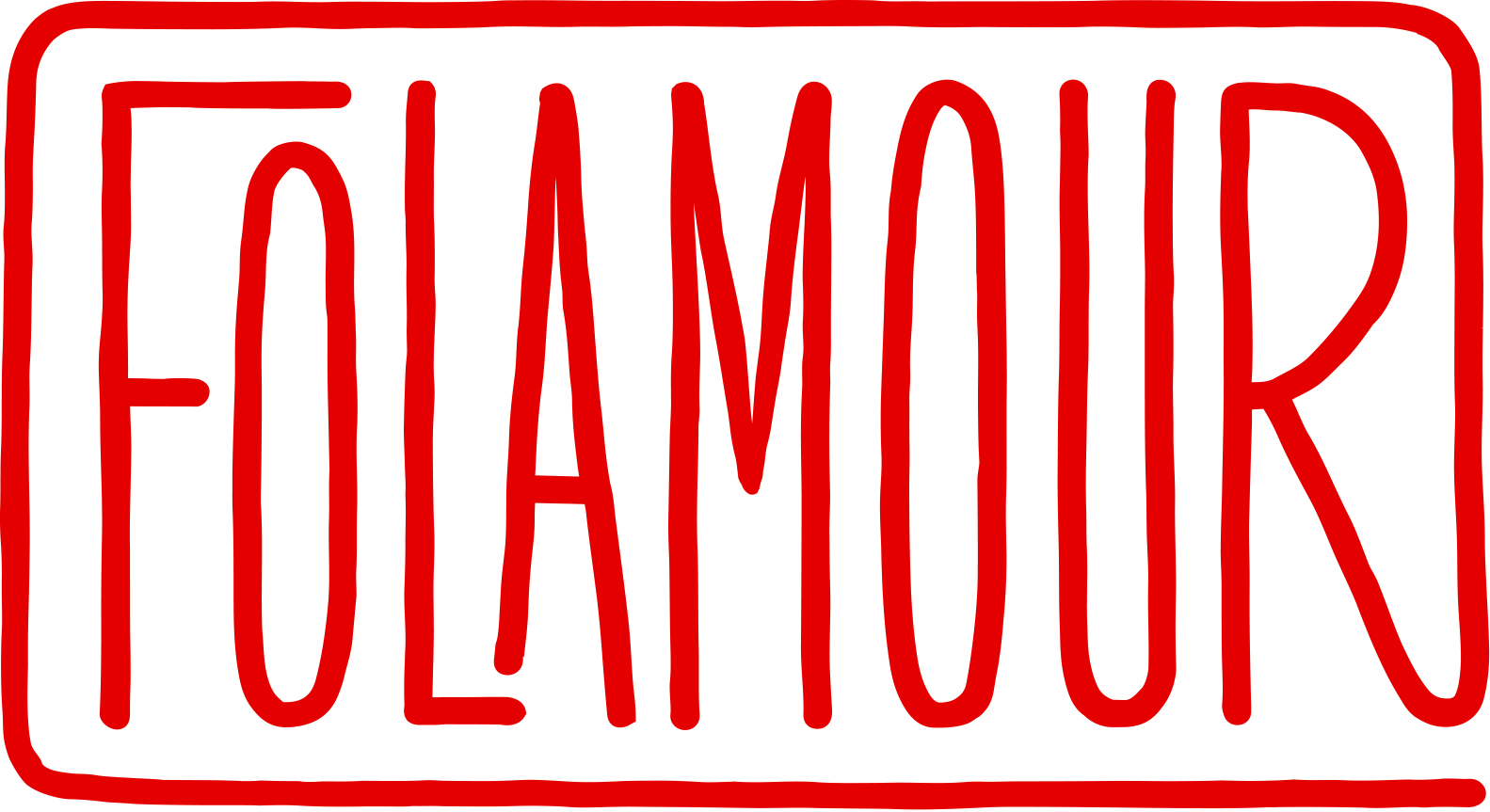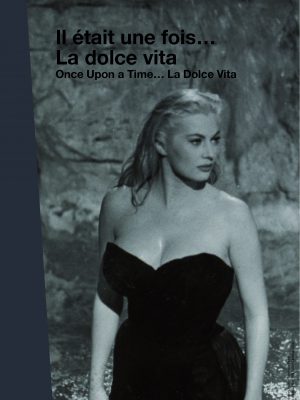ONCE UPON A TIME… LA DOLCE VITA
| Director | Antoine de Gaudemar |
| Writers | Antoine de Gaudemar, Serge July and Marie Genin |
| Image | Sebastian Dewsbery, Alessandro Ghiara |
| Sound | Thierry Blandin, Fabio Santesari |
| Editing | Isabelle Martin |
| Length | 52 minutes |
| Format | 16/9 |
| Version | French |
| Copyrights | Folamour -TCM – 2009 – in association with France 5 |
Protagonists:
- Anouk AIMÉE, actress, role of Maddalena
- Italo MOSCATI, writer and director
- Dominique DELOUCHE, director, Fellini’s assistant on the film
- Benno GRAZIANI, correspondent for “Paris Match” at the time
- Julien NEUTRES, historian
- Antonio TABUCCHI, writer
- Fiammetta PROFILI, Fellini’s assistant
- Valeria CIANGOTTINI, actress, role of Paola
Portrait of a film. In 1950s Rome, Marcello, a celebrity journalist played by Marcello Mastroianni, spends his life attending one party after another, roaming through the city night after night, and above all conquering one woman after another. Spectacular portrait of a rich and idle Italy, hedonistic and even promiscuous, the film is a shock to Italy, which is still very Catholic and conservative, and causes a huge scandal. Despite threats of excommunication and calls for censorship, the film is a worldwide success.
Portrait of an era. Following the dark period of fascism and war, Italy experiences an economic miracle and, for better or for worse, a transition into modernity. Around the same time, the large-scale arrival of directors and actors at the Cinecitta studios earns Rome the status of the new Hollywood. La Dolce Vita is a premonitory account of the scandalous encounter between these two worlds, the rise of the media society and the coming freedom of customs.
Portrait of a filmmaker. with La Dolce Vita, Fellini establishes himself at the age of 40 as the new “maestro” of Italian cinema. Distancing himself from realism and classical narrative, the film is full of anthology scenes and becomes synonymous with a certain lifestyle, unleashing Fellini’s profound taste for the imaginary, fantasy and studio filming. Fellini’s cinema becomes Fellinian.


 EN
EN FR
FR